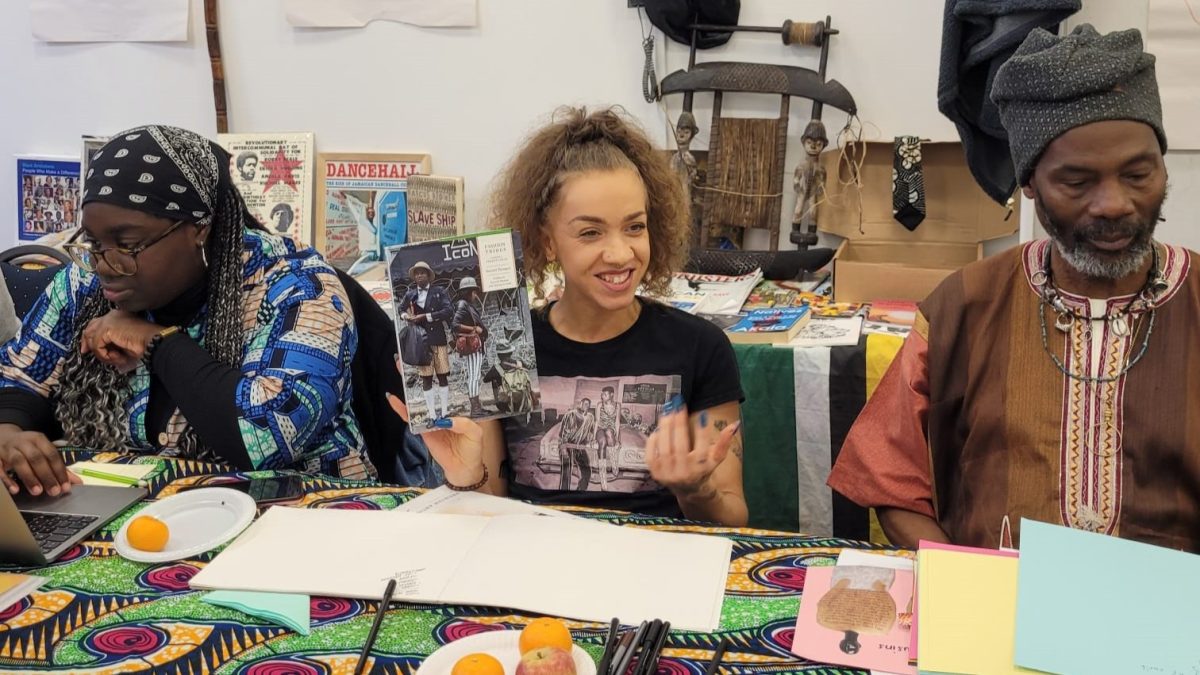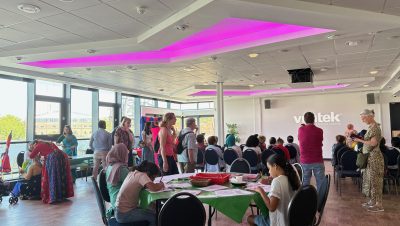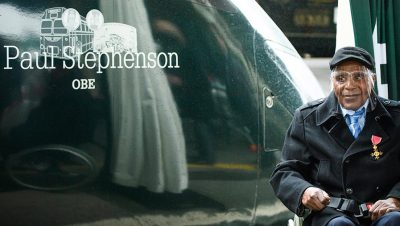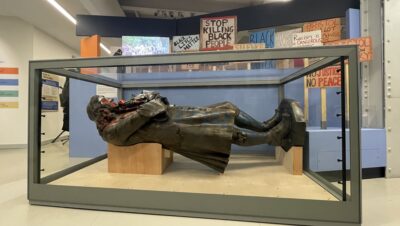News / m shed
New exhibition at M Shed ‘to confront enduring legacies of transatlantic slave trade’
A group of ‘rebel curators’ are putting together a new display in the Transatlantic Traffic of Enslaved Africans Gallery at M Shed.
GRIOT, which opens on March 25 and promises to be a “thought-provoking intervention”, is named after the West African storytellers who preserve oral traditions.
The exhibition featuring digital storytelling, poetry and art “invites visitors to engage with narratives of enslaved individuals and their descendants… bridging past and present, challenging audiences to confront the enduring legacies of the transatlantic slave trade”.
is needed now More than ever
Funded by the National Lottery Fund, GRIOT comes after a collective of six revel curators and three rebel creators were brought together during Black History Month 2024 “to reclaim the narrative” of the transatlantic trade of enslaved Africans.
Creative practitioner Julz Davis of Curiosity UnLtd said: “When I was invited to help transform this space, I instinctively knew that this story needed to be reframed and reclaimed through the perspectives of the descendants of those who survived the deplorable trade of selling humans for profit.
“Representing the three points of the triangular trade – Africa, the Caribbean and Black British heritage – my fellow rebel curators and I co-created a series of interventions aimed at informing, inspiring and encouraging deeper inquiry into the existing display.
“With an eye on the 200th anniversary of the Abolition of the Slavery Act of 1833, we have firmly established a clear stance: nothing about us, without us, by us.”
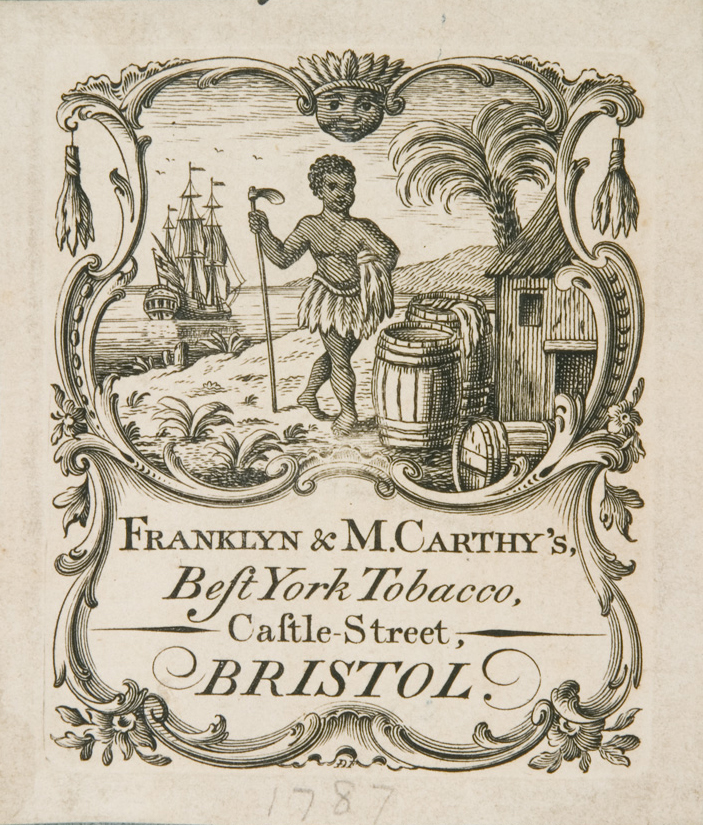
By the mid-17th century, the growth of sugar cultivation in the Caribbean, and tobacco in Virginia and Maryland, ensured the demand for enslaved Africans; and Bristol merchants vied with those in London to supply it – image: Bristol Museums
Helen McConnell Simpson, senior curator of social history at M Shed, added: “GRIOT is more than a display. It is a dialogue between history and the present.
“We invite visitors to listen, learn and reflect on how this history shapes our world today.
“GRIOT’s intervention in this gallery is the first step towards a much-needed transformation of the space that we hope will take place over the coming years.
“Black African and Caribbean communities must inform, shape and play a key role in transforming this display.”
Main photo: Julz Davis (left to right: Andreann Asibey, Jazz Thompson and Bandele Iyapo)
Read next:
- Exhibition to highlight Bristolians who profited from slavery
- Bristol could get museum ‘chronicling history, lives and futures of those affected by enslavement’
- Almost 100 Bristolians received compensation after abolition of slavery
- ‘My dream is to transform Bristol into the best city for people of all colours, all cultures and all classes’
 Our newsletters emailed directly to you
Our newsletters emailed directly to you